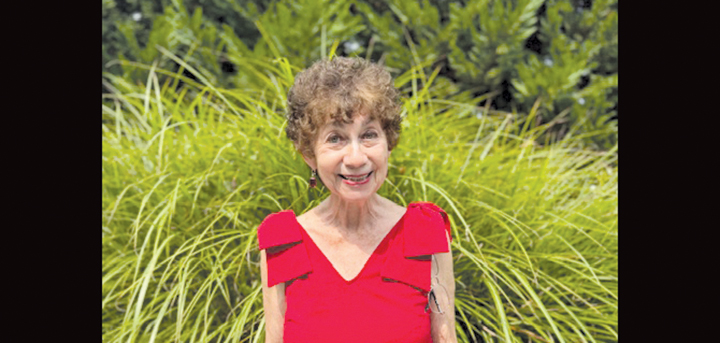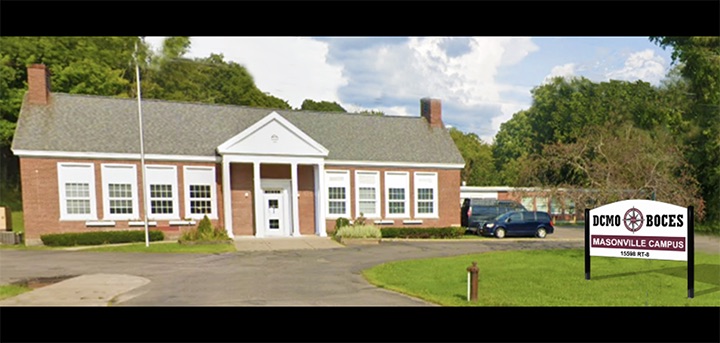New York opens hearings on hydraulic fracturing
DANSVILLE, N.Y. (AP) – One New York town supervisor cited the benefits of sorely needed jobs and revenue in gas drilling in the Marcellus Shale formation, but only if the state keeps a close tabs on oil and gas industry practices.
Tuscarora Town Supervisor Robert Nichols touched on both sides of the debate as New York opened its first public hearing Wednesday on draft rules governing the high-volume hydraulic fracturing process used to blast natural gas wells into production. It was the first of eight three-hour hearings over four days on proposed gas drilling rules.
“Does (Department of Environmental Conservation) have enough inspectors to make sure the casing and cement is put in the ground properly so we can all drink our water when this is done?” asked Nichols, who is also a Steuben County legislator.
“This could be a real plus for our community. I have faith in DEC that you folks will do the right thing — if you have the manpower to protect our resources.”
The initial hearing drew a vocal mix of elected officials, environmentalists, struggling farmers and land owners eager to make money from their gas leases, as well as energy industry representatives, who lined up to be heard in three-minute segments. About 150 of more than 850 in attendance signed up to comment, but only 64 got a chance at the microphone. An evening session was also planned.






Comments